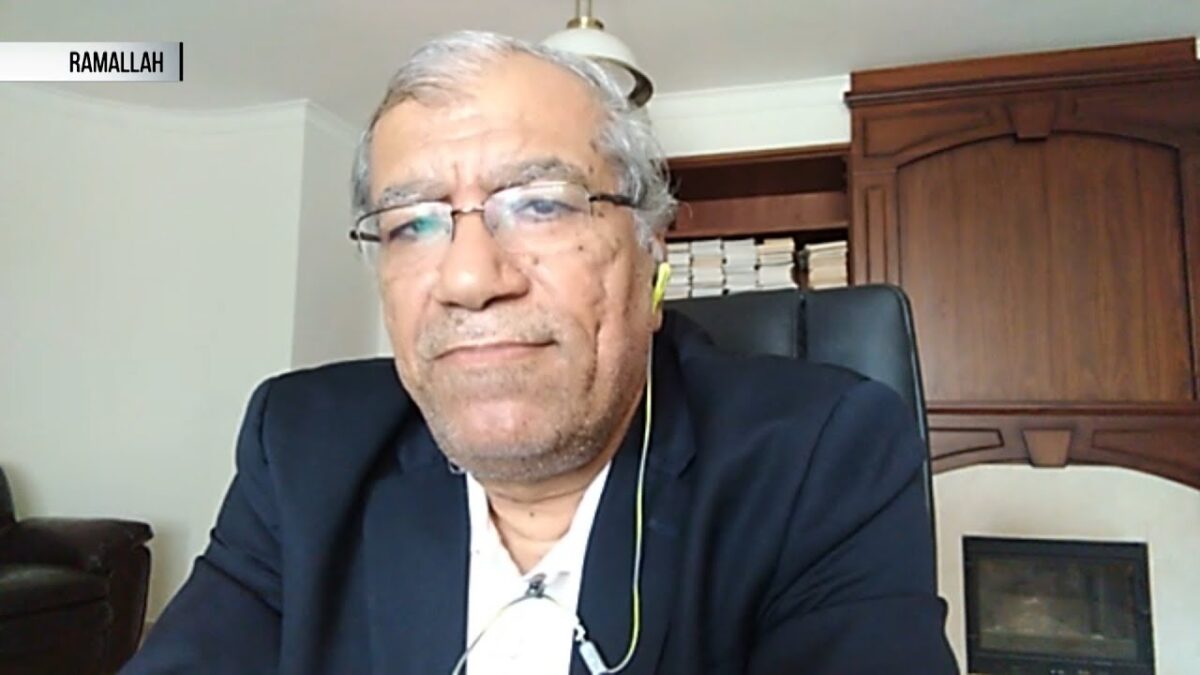There has been a “paradigm shift” in Palestinian public opinion since the fourth Gaza border war between Israel and Hamas this past May, says prominent Palestinian pollster and political analyst Khalil Shikaki.
Judging by his most recent surveys, Hamas has supplanted the Palestinian Authority as the defender of the Palestinian cause, while Palestinians are now more likely to call for armed struggle rather than non-violent protests to end Israel’s occupation of the West Bank.
These new positions constitute “significant reversals” in Palestinian attitudes toward two major issues, said Shikaki, a political scientist and the head of the Palestinian Center for Policy and Survey Research in Ramallah.
Shikaki, who made his comments in a podcast sponsored by Americans for Peace Now on July 8, focuses his attention on Palestinian public opinion and state building, the peace process between Israel and the Palestinians, and the impact of Palestinian politics on it.
Born in Gaza in 1953, he comes from a family of refugees uprooted by the 1948 Arab-Israeli war. His older brother, Fathi, a physician, was a founder of Islamic Jihad. Israel assassinated him in Malta in 1995.
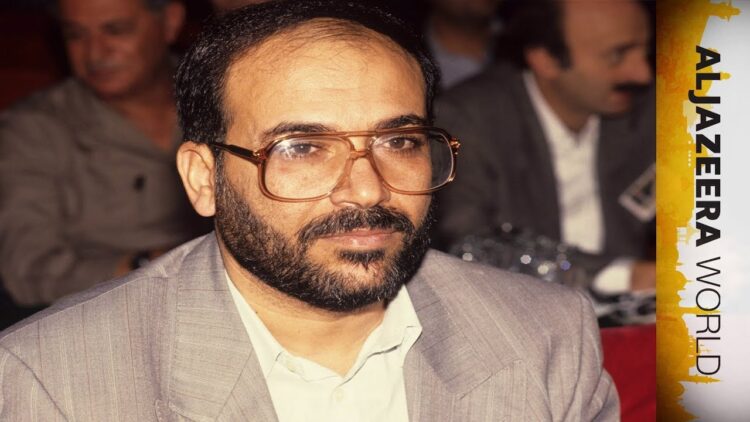
In Shikaki’s estimation, Palestinian views on Israel and the Palestinian Authority have changed due to a number of reasons.
The consensus among Palestinians is that Hamas scored a military victory over Israel in the 11-day Gaza war, and that Hamas waged it to defend Palestinian interests in eastern Jerusalem, particularly in the Sheikh Jarrah neighborhood and the Temple Mount.
By challenging Israel militarily, Hamas won the hearts and minds of Palestinians and replaced the Palestinian Authority in Ramallah as the chief representative of the Palestinians, he said.
Hamas, which has ruled Gaza since 2007, is also popular because it is regarded as less corrupt than the Palestinian Authority and more willing than its rival to work for Palestinian reconciliation, he noted.
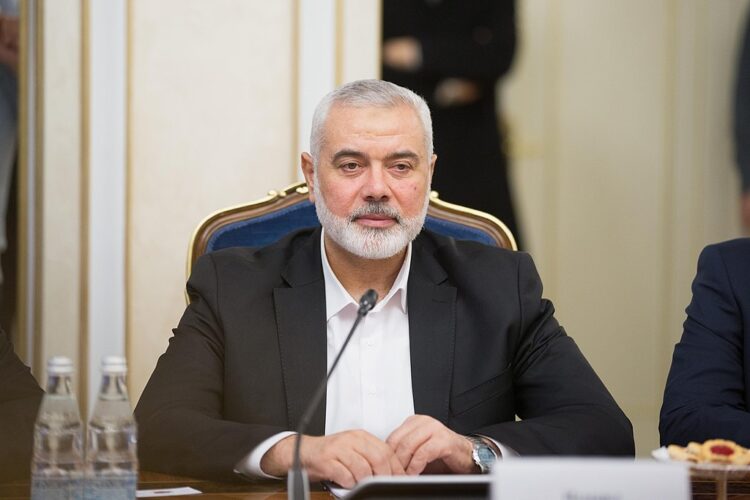
According to Shikaki, Hamas leader Ismail Haniyeh enjoys far more popularity than Mahmoud Abbas, who has been the president of the Palestinian Authority and the head of the Palestine Liberation Organization since the death of his predecessor, Yasser Arafat, in 2004.
Abbas’ popularity has been on the decline since 2014 because of the widespread perception that the Palestinian Authority has degenerated into an autocracy, failed to provide essential services, and fallen short of dealing effectively with Israel in promoting Palestinian statehood.

His decision to cancel the Palestinian election, ostensibly because Israel opposed it, was “the last straw” insofar as the Palestinian Authority’s image is concerned, said Shikaki. Hamas contends that the election, the first in 15 years, should have been held, regardless of Israel’s reaction.
He doubts whether a grassroots revolt against Abbas is likely to occur, since it might set off a civil war. Abbas would have to make “huge mistakes” for this to happen.
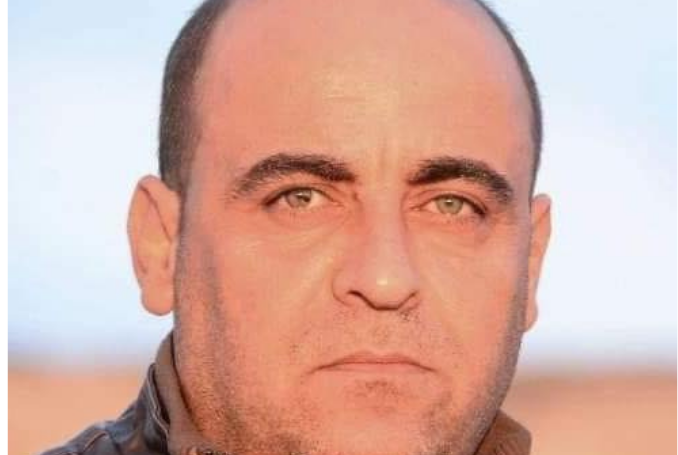
Last month, one of his most vocal critics, Nizar Banat, was arrested and viciously beaten. Shortly afterwards, his family learned he had died in custody, triggering demonstrations throughout the West Bank that were crushed by the Palestinian Authority.
The most popular Palestinian leader today is Marwan Barghouti, said Shikaki. “He’s a national hero for the Palestinians.” Having been convicted of planning terrorist attacks against Israel during the second Palestinian uprising, he is currently serving several life sentences in an Israeli prison. If a Palestinian election was called, he would doubtless win, he added.
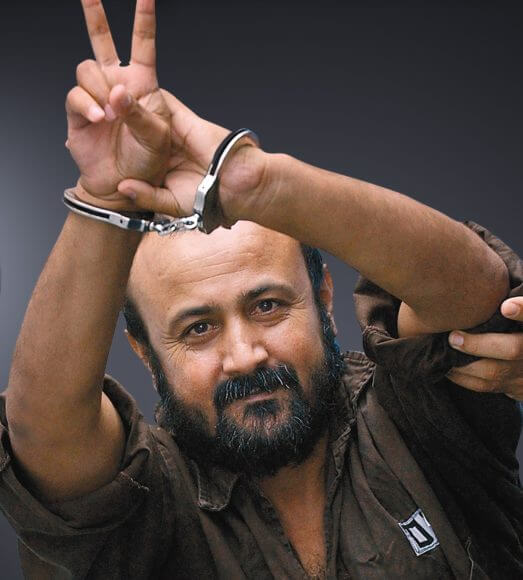
Hamas seeks to wrest the leadership of the Palestine Liberation Organization from Abbas, he said. Although it has become an “empty, useless” entity, Palestinians are emotionally attached to it.
Hamas is supported by one-quarter to one-third of Palestinians and by 80 percent of Islamists, he said. In addition, Hamas is backed by Palestinians who abhor corruption within the ranks of the Palestinian Authority and who believe that Hamas exerts leverage over Israel by virtue of its ability to launch rocket attacks at its cities and towns.
Hamas supporters, too, contend that the Palestinian Authority should cease all security cooperation with Israel in squelching terrorism. They believe the Israeli government takes it for granted.
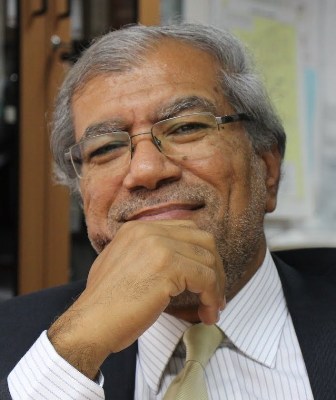
During the early years of the Oslo peace process, the Palestinian Authority prospered as Israel ceded territory and empowered Palestinians, said Shikaki. But since the breakdown of peace talks in 2014, the Palestinian Authority has lost much of its popularity.
Hamas has not explicitly articulated its long-term objectives, but he believes its leaders would be pragmatically prepared to accept a two-state solution along the pre-1967 lines without recognizing Israel’s legitimacy as a Jewish state.
